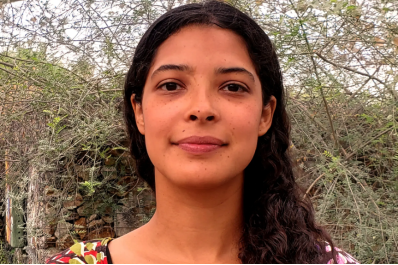十年田野初心,一生农学深耕

Andrea Carter was about 10 years old when she realized she wanted to spend her life cultivating food. While there weren’t many farms near the place where she grew up, her family traveled each summer to the countryside, where Carter spent many hours getting her hands dirty in a neighbor’s fields. “There wasn’t much to do except to weed tomatoes and pull vegetables,” she said. “Looking back, it was a gift to be exposed to the outdoors, to farming, to where food comes from.”
Today, Carter is an agronomist. That’s a scientist who studies how plants grow. Agronomists use that knowledge to help farmers produce better crops, in larger quantities. They’re also known as crop scientists. Because there are many factors involved in plant growth, agronomists usually have a specific focus. For example, some specialize in soil management, which involves keeping the soil healthy enough to grow plants. Others become experts on controlling weeds or protecting crops from insects and diseases.
Carter focuses on plants that grow in deserts. That’s another choice inspired by her childhood: Carter’s mom is from North Africa, and the family spent time in Tunisia, a country with vast stretches of desert. That led Carter to pursue a PhD in plant science at the University of Arizona, in Tucson. The city is in the desert, where plants survive with minimal rain. “I came out to Arizona to learn about how people have been farming in this arid landscape for thousands of years,” Carter says.
Carter and her husband also run their own herb and vegetable farm near Tucson. It’s called Luna de Sonora. Being a farmer herself, she says, allows her to form stronger connections with other farmers and understand the challenges they face. “I am better at my job because I, too, am a farmer,” she says.
原创编写 版权所有 侵权必究! 每日更新 个性化阅读 英语飙升!